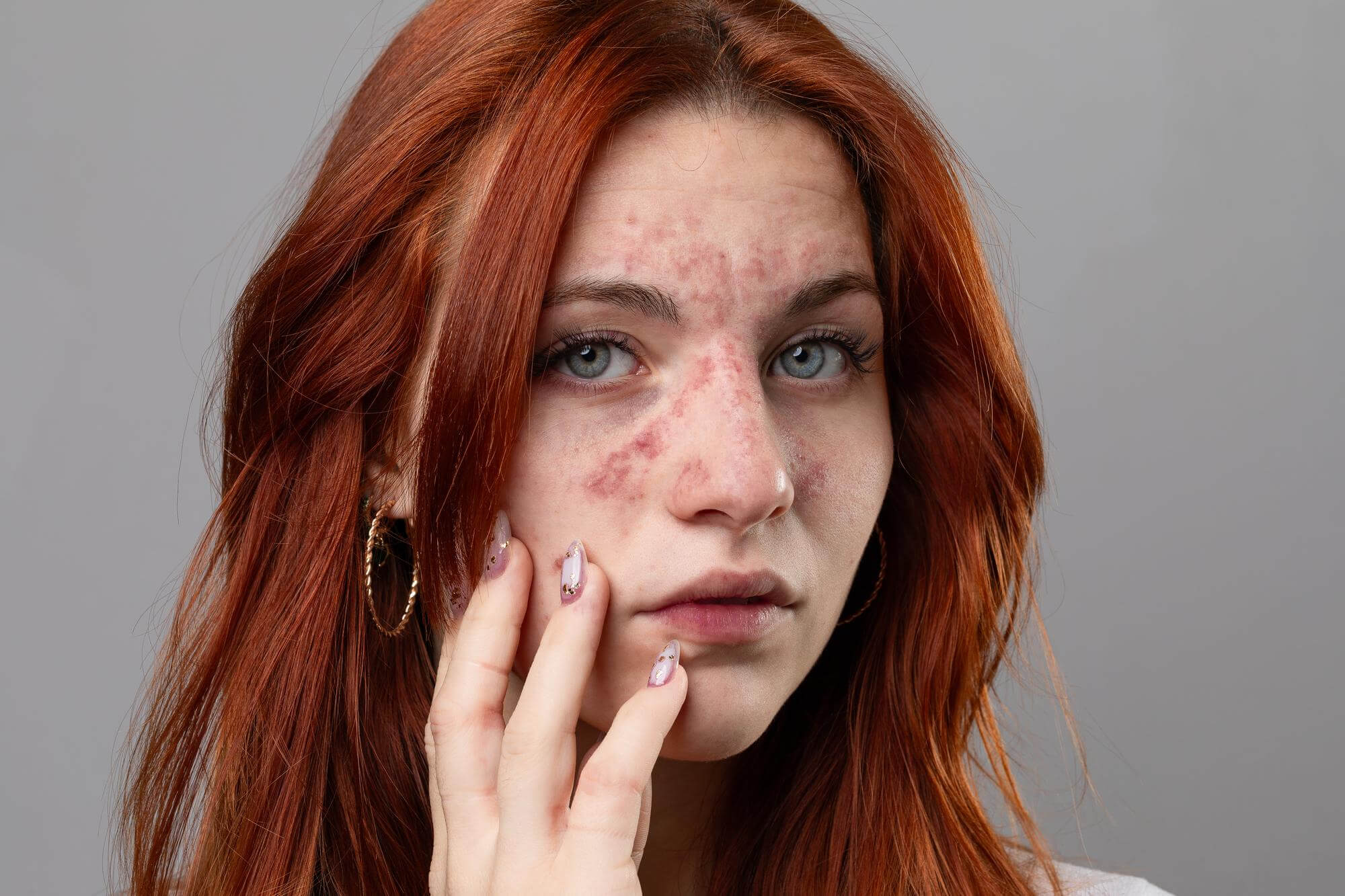Alcohol allergy: how to recognize and what to do?


Irina Makarova
What is alcohol allergy?
Alcohol allergy is a condition where the body is intolerant to certain components found in alcoholic beverages. While it is a rare condition, it can lead to serious complications. In this article, an experienced allergist will discuss the causes, symptoms, and treatment of alcohol allergy.
Causes of alcohol allergy
Alcohol allergy can be caused by various factors. The main causes of alcohol allergy include:
- Intolerance to ingredients found in alcoholic beverages, such as hops, malt, or additives in wine.
- Organic intolerance to ethyl alcohol or ethanol, which is found in all alcoholic beverages.
- Genetic predisposition or inherited intolerance to alcohol.
Types of alcohol allergy
Alcohol allergy can be caused by various types of alcoholic beverages, such as wine, beer, and hard liquor, such as vodka, brandy, whiskey, rum, gin, and martinis.
Symptoms of alcohol allergy

Symptoms of alcohol allergy can vary and manifest individually.
- What does alcohol allergy look like on the skin? Skin manifestations of allergy: red spots, rash, itching, hives, and Quincke's edema.
- Respiratory symptoms: runny nose, sneezing, difficulty breathing, or dizziness.
- Digestive disturbances: nausea, vomiting, diarrhea, or abdominal pain.
- General symptoms: headache, dizziness, weakness, decreased blood pressure, and increased heart rate.
Diagnosis of alcohol allergy
- An allergist will gather the patient's medical history, considering all factors, including the frequency and nature of symptoms.
- The specialist may order allergy tests, such as skin tests or blood tests, to identify the allergen causing the reaction.
- Additional tests may be conducted to rule out other conditions, such as food intolerance or infectious processes.
Treatment of alcohol allergy

Treatment of alcohol allergy involves several steps. When an allergic reaction to alcohol occurs, it is necessary to stop consuming alcohol and take antihistamine tablets.
The doctor may prescribe antihistamines (cetirizine, loratadine, or fexofenadine), hormonal creams (hydrocortisone ointment), or steroid medications to relieve symptoms of alcohol allergy.
In some cases, the specialist may recommend immunotherapy to eliminate alcohol allergy.
Home рemedies, such as herbal infusions and compresses, can help alleviate symptoms of alcohol allergy. However, it is important to consult with a doctor before using them.
Prevention of alcohol allergy
To prevent alcohol allergy, it is recommended to follow several rules.
- If you have an allergy to a certain type of alcohol, avoid its consumption.
- Follow a healthy diet, excluding foods that may cause an allergic reaction.
- Maintain a healthy lifestyle, consuming alcohol in moderation and avoiding smoking.
Features of alcohol allergy in children and pregnant women

Alcohol allergy may have its own peculiarities in children and pregnant women.
Alcohol allergy in children
In children, alcohol allergy can manifest more strongly as their immune system is not yet fully formed. Cross-reactivity with other allergens is also possible in children.
Alcohol allergy in pregnant women
Alcohol allergy in pregnant women can be dangerous as it can cause complications and negatively affect fetal development. Pregnant women are recommended to completely abstain from alcohol consumption.
Allergy to specific types of alcohol
Allergy can develop to different types of alcoholic beverages:
- Allergy to wine can be caused by both red and white wine. Such allergy may be due to additives and ingredients such as sulfites, histamine, or mold.
- Allergy to beer may be associated with ingredients such as hops, malt, or wheat. In addition, beer contains histamine, which can also cause an allergic reaction.
- Allergy to strong alcoholic beverages such as vodka, cognac, whiskey, rum, or gin may be caused by ethanol, additives or flavorings contained in the beverage.
In conclusion, alcohol allergy is a real and serious condition that can manifest with different symptoms and cause complications. If you experience signs of alcohol allergy, consult an allergist for tests and identification of the reaction's cause. Treatment of alcohol allergy includes medication, immunotherapy, and preventive measures. In children and pregnant women, alcohol allergy may have its own peculiarities and require special attention. A healthy lifestyle, proper nutrition, and avoiding allergens can help reduce the risk of developing alcohol allergy and improve quality of life.
New materials
Popular Articles
We recommend reading
Contact us in the Contact Us section to ask questions, offer ideas, or for more information about our allergy resource.
Our articles are your trusted source of allergy knowledge. Learn how to make life with allergic reactions easier on our specialized portal.
©
Lechenie-Allergii.com. All rights reserved.
© Lechenie-Allergii.com. All rights reserved.
The information on this site is for informational purposes only and is not a substitute for professional medical advice. We recommend consulting with qualified medical professionals for accurate information and advice.
 English
English  Українська
Українська  Русский
Русский 









